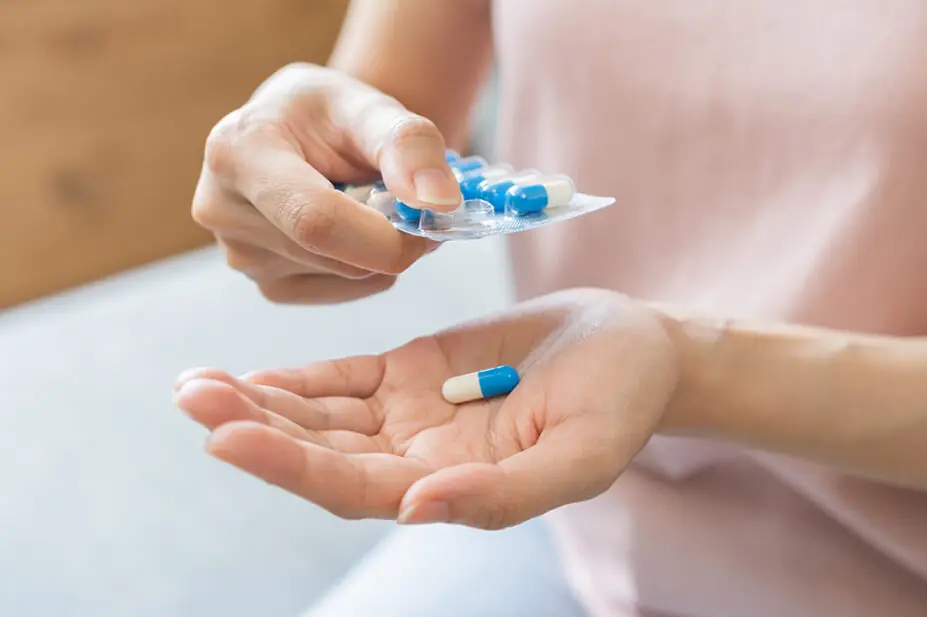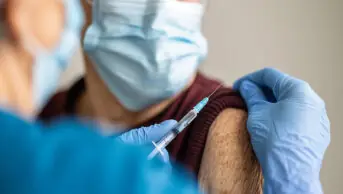
Shutterstock.com
More than three-quarters (79%) of pharmacies receive requests for unnecessary antibiotics from patients for minor ailments, such as colds, at least once a day, via over-the-counter drugs or during Pharmacy First consultations, a survey conducted by the National Pharmacy Association (NPA) has revealed.
Results of the survey, shared in a press release with The Pharmaceutical Journal on 6 May 2025, also found that 77% of respondents were worried that this demand for antibiotics for minor ailments “posed a serious risk to patient safety”.
The NPA surveyed almost 400 pharmacies between 23 and 27 April 2025.
The NPA reported that one-quarter of respondents (25%) said patients frequently returned partially used antibiotics, while 37% of respondents stated they were aware of patients regularly hoarding antibiotics for a later date.
Olivier Picard, chair of the NPA, called the survey findings “concerning”, adding that they show how “there are widespread misconceptions about the role that antibiotics can play among some patients”.
On 7 April 2024, the UK Health Security Agency (UKHSA) launched a six-week-long awareness campaign to address the public on the use of antibiotics, designed to help prevent the spread of antimicrobial resistance (AMR).
As part of the launch, results from attitudinal research conducted by the UKHSA highlighted that while almost half of the UK population (42%) expressed concern about how the issue of AMR affects them personally, 54% of the population said they were either unsure if there is anything they can individually do to prevent antibiotics becoming less effective at treating infections (28%) or incorrectly believe there is nothing they can do (26%).
Diane Ashiru-Oredope, lead pharmacist for healthcare-associated infections and AMR at the UKHSA, said: “Addressing misconceptions about taking antibiotics is an important part of tackling antibiotic resistance.
“We can all work together to help keep antibiotics working. For example, only taking them when prescribed and as directed by a healthcare professional, not taking antibiotics for colds and flu and not saving antibiotics for future use.”
Commenting on the survey, Claire Anderson, president of the Royal Pharmaceutical Society, said: “AMR remains a top global public health threat. It makes common infections harder to treat, threatens our ability to carry out life-saving procedures and is linked to millions of deaths worldwide. This latest survey from the NPA only further reinforces the importance and need for public education around the use and need for antibiotics.
“Pharmacists are well placed to help address this as part of wider NHS campaigns — not only by supporting people with self-care advice for common ailments that don’t need antibiotics, but also by explaining when antibiotics are appropriate, how they work and why misuse can lead to resistance.
“To tackle AMR, we need consistent messaging across healthcare and public campaigns, backed by trusted voices like pharmacists who see these behaviours first-hand and can advise on safe, responsible use of antibiotics.”


